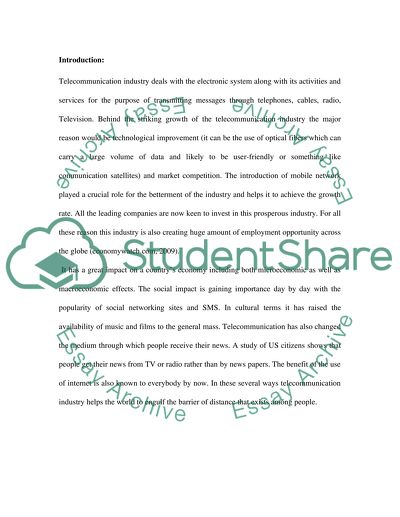Cite this document
(“Economics - Telecommunications Industry Research Paper”, n.d.)
Retrieved from https://studentshare.org/miscellaneous/1556585-economics-telecommunications-industry-research
Retrieved from https://studentshare.org/miscellaneous/1556585-economics-telecommunications-industry-research
(Economics - Telecommunications Industry Research Paper)
https://studentshare.org/miscellaneous/1556585-economics-telecommunications-industry-research.
https://studentshare.org/miscellaneous/1556585-economics-telecommunications-industry-research.
“Economics - Telecommunications Industry Research Paper”, n.d. https://studentshare.org/miscellaneous/1556585-economics-telecommunications-industry-research.


